The Best Companion Plants For Petunias In Vegetable Gardens
The Best Companion Plants for Petunias in Vegetable Gardens
Petunias are a popular choice for vegetable gardens because they are easy to care for and add a splash of color. But did you know that certain companion plants can help to improve the growth and health of your petunias?
In this blog post, we will discuss the best companion plants for petunias in vegetable gardens. We will also provide some tips on how to plant and care for these companion plants.
Benefits of Companion Planting
Companion planting is a gardening practice that involves planting certain plants together to benefit each other. There are many different benefits to companion planting, including:
- Attracting beneficial insects. Some companion plants attract beneficial insects, such as ladybugs and parasitic wasps, which can help to control pests.
- Reducing the risk of disease. Some companion plants can help to reduce the risk of disease by releasing chemicals that inhibit the growth of harmful microorganisms.
- Improving soil quality. Some companion plants can improve soil quality by adding nutrients or helping to break down organic matter.
- Competition for resources. Some companion plants compete for resources, such as sunlight, water, and nutrients. This can help to prevent one plant from becoming too dominant.
Best Companion Plants for Petunias
There are many different companion plants that can benefit petunias. Some of the best include:
- Basil. Basil is a well-known companion plant for tomatoes, but it can also be beneficial for petunias. Basil helps to repel aphids, spider mites, and other pests. It also improves the flavor of petunias.
- Calendula. Calendula is a flowering plant that is known for its insect-repelling properties. It can help to keep aphids, beetles, and other pests away from petunias. Calendula also adds a splash of color to the garden.

- Cucumbers. Cucumbers and petunias are both susceptible to aphids. By planting them together, the petunias can help to attract beneficial insects that will prey on the aphids. Cucumbers also provide shade for the petunias, which can help to prevent them from wilting in hot weather.

- Marigolds. Marigolds are another flowering plant that is known for its insect-repelling properties. They can help to keep aphids, beetles, and other pests away from petunias. Marigolds also add a touch of color to the garden.

- Nasturtiums. Nasturtiums are a colorful and edible flower that can help to deter pests. They are known to attract aphids, which they then trap and kill. Nasturtiums also improve the drainage of the soil, which can help to prevent petunias from wilting.

- Potatoes. Potatoes and petunias can be planted together to deter the Colorado potato beetle. The petunias' scent helps to repel the beetle, while the potatoes provide a barrier that the beetle cannot cross.
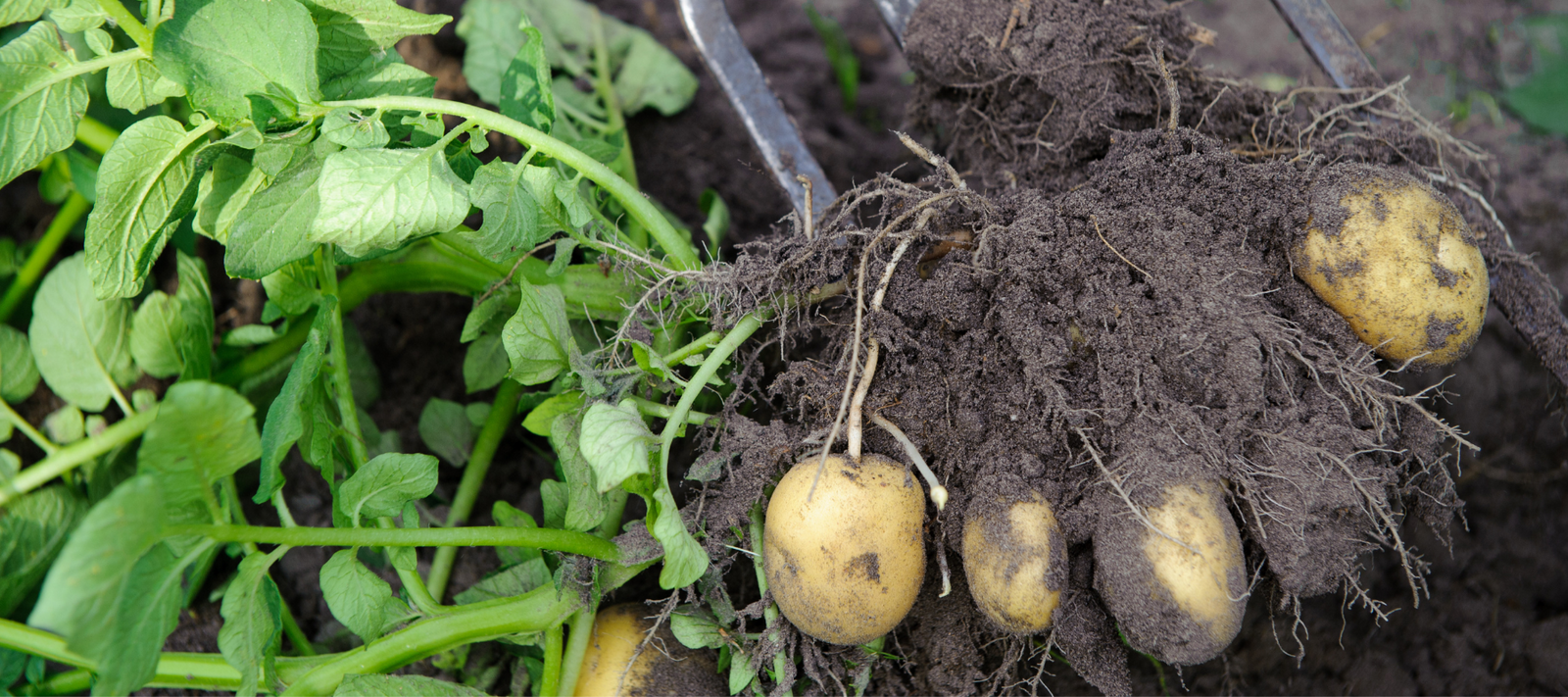
- Spinach. Spinach and petunias can be planted together to improve the growth of both plants. Spinach releases chemicals that suppress the growth of harmful fungi, which can help to protect petunias from disease. Spinach also provides shade for the petunias, which can help to prevent them from wilting in hot weather.
How to Plant and Care for Companion Plants
When planting companion plants, it is important to consider the size and growth habits of each plant. Some companion plants, such as nasturtiums and marigolds, can grow quite large. If you are planting them in a small space, you may want to choose smaller varieties.
It is also important to plant companion plants at the same time of year. This will help to ensure that they have the same growing conditions.
Once your companion plants are in the ground, it is important to care for them properly. This includes watering them regularly, fertilizing them as needed, and weeding around them.
By planting the right companion plants together, you can help to improve the growth and health of your petunias. This will give you a more beautiful and productive vegetable garden.
Petunias are a popular choice for adding color and beauty to gardens, but did you know that they can also be beneficial to your vegetable plants? When companion planted correctly, petunias can help to deter pests, attract pollinators, and improve the overall health of your vegetable garden.
Some of the best vegetable companion plants for petunias include:
- Tomatoes: Petunias attract pollinators, which help to pollinate tomato flowers and increase fruit production.
- Cucumbers: Petunias help to deter cucumber beetles, which can damage cucumber plants.
- Peppers: Petunias help to deter aphids, which can damage pepper plants.
- Lettuce: Petunias help to deter slugs and snails, which can damage lettuce plants.
- Asparagus: Petunias help to improve the soil drainage around asparagus plants, which can help to prevent root rot.
If you're interested in learning more about petunia companion plants for vegetables, I recommend visiting Garden Wiki. This website has a comprehensive list of companion plants, as well as information on the benefits of companion planting.
FAQ of petunia companion plants vegetables
- What are some good companion plants for petunias?
Petunias are relatively easy-going plants and can be grown with a variety of other plants. Some good companion plants for petunias include:
* Marigolds: Marigolds help to repel pests, such as aphids and nematodes.
* Basil: Basil helps to attract pollinators, such as bees and butterflies.
* Cucumbers: Cucumbers help to shade the soil around petunias, which can help to prevent them from drying out.
* Tomatoes: Tomatoes help to attract beneficial insects, such as ladybugs.
* Peas: Peas help to fix nitrogen in the soil, which can benefit petunias.
- What vegetables can I plant with petunias?
Some vegetables that can be planted with petunias include:
* Carrots: Carrots do not compete with petunias for nutrients and can help to deter pests.
* Lettuce: Lettuce does not require a lot of space and can be planted in between petunias.
* Peas: Peas can help to fix nitrogen in the soil, which can benefit petunias.
* Spinach: Spinach can be planted in the shade, which can be beneficial for petunias that are not getting enough sunlight.
* Herbs: Herbs, such as basil, mint, and oregano, can help to attract pollinators and deter pests.
- What are the benefits of planting companion plants with petunias?
There are several benefits to planting companion plants with petunias. Some of these benefits include:
* Disease and pest control: Some companion plants can help to repel pests or diseases that can harm petunias. For example, marigolds help to repel aphids and nematodes, while basil helps to attract pollinators that can help to control pests.
* Nutrient cycling: Some companion plants can help to fix nitrogen or other nutrients in the soil, which can benefit petunias. For example, peas can help to fix nitrogen in the soil, which can be beneficial for petunias.
* Pollination: Some companion plants can attract pollinators, such as bees and butterflies, which can help to pollinate petunias. This can lead to more flowers and a longer blooming period.
* Shade: Some companion plants can provide shade for petunias, which can be beneficial if petunias are not getting enough sunlight. For example, spinach can be planted in the shade, which can be beneficial for petunias that are not getting enough sunlight.
- How far apart should I plant petunias and their companion plants?
The distance at which you should plant petunias and their companion plants will vary depending on the size of the plants. For example, you will need to plant larger plants, such as tomatoes, further apart than smaller plants, such as marigolds. In general, you should follow the plant spacing recommendations on the plant tags.
- What are some tips for growing petunias with companion plants?
Here are some tips for growing petunias with companion plants:
* Choose companion plants that have similar sunlight and water requirements.
* Plant companion plants that will not compete with each other for nutrients.
* Fertilize your plants regularly.
* Water your plants regularly, especially during hot, dry weather.
* Remove dead or diseased leaves from your plants.
* Watch for pests and diseases and take steps to control them if necessary.
Image of petunia companion plants vegetables
Here are 5 different images of petunia companion plants vegetables from Pinterest:
- Petunias and tomatoes. Petunias and tomatoes are both sun-loving plants that can be planted together in the same garden bed. Petunias can help to deter pests from tomatoes, and tomatoes can provide support for petunias as they grow taller.
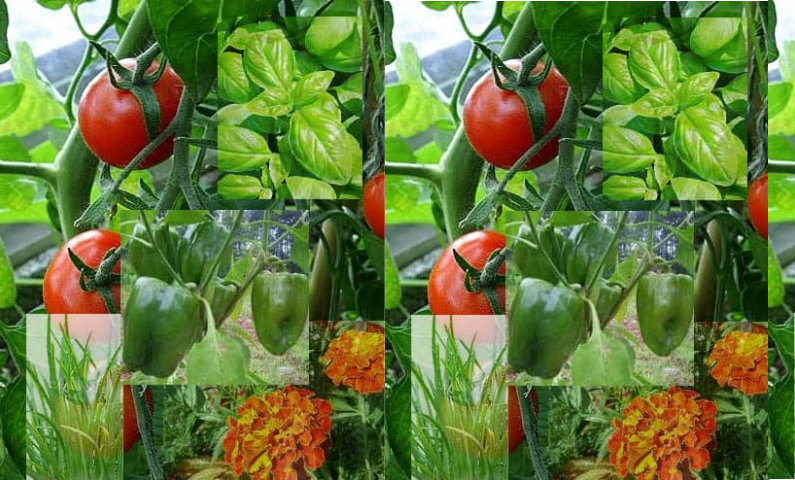
- Petunias and cucumbers. Petunias and cucumbers can also be planted together. Petunias can help to attract pollinators to cucumbers, which will help to improve the cucumber yield.
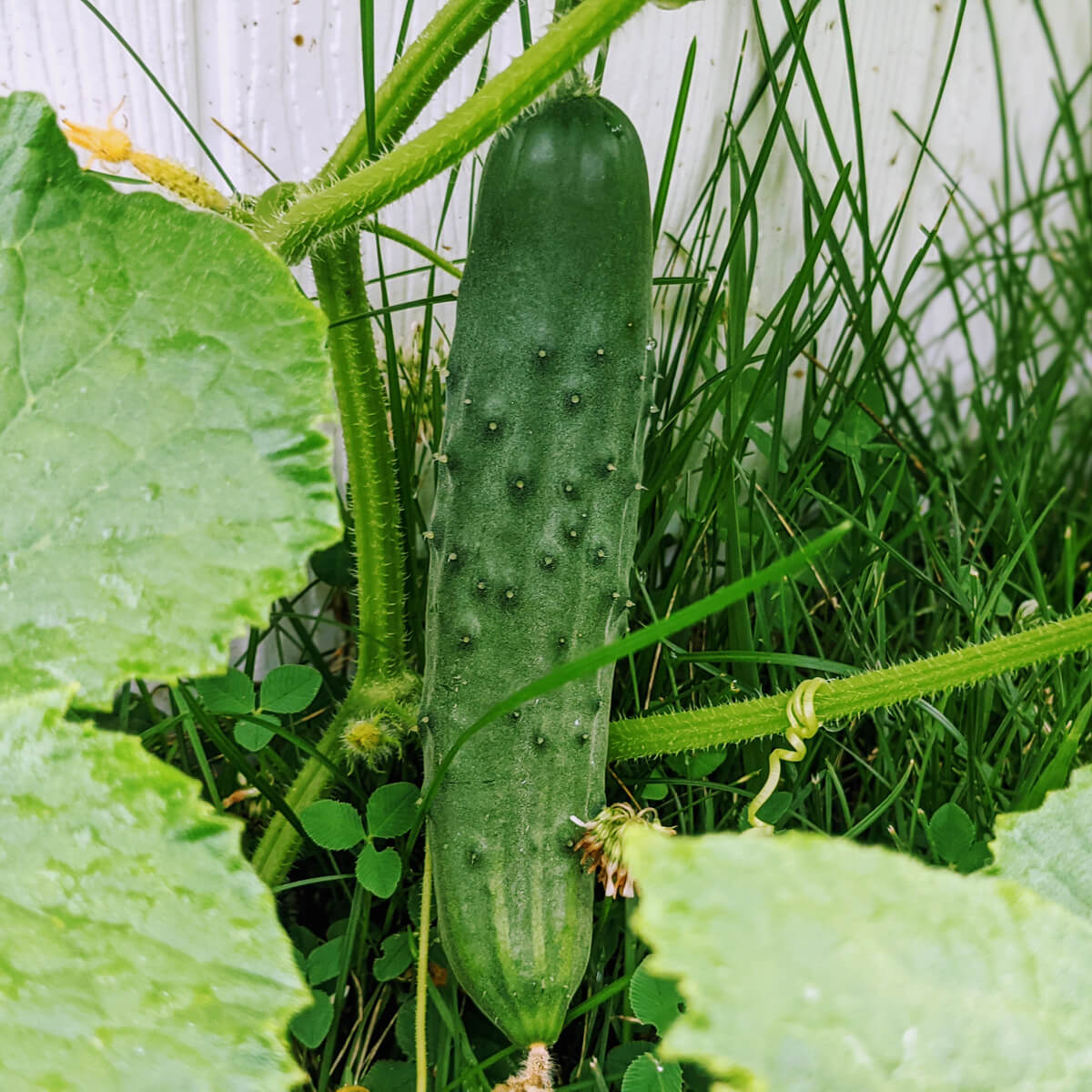
- Petunias and beans. Petunias and beans can also be planted together. Petunias can help to deter aphids from beans, and beans can help to improve the drainage of the soil for petunias.
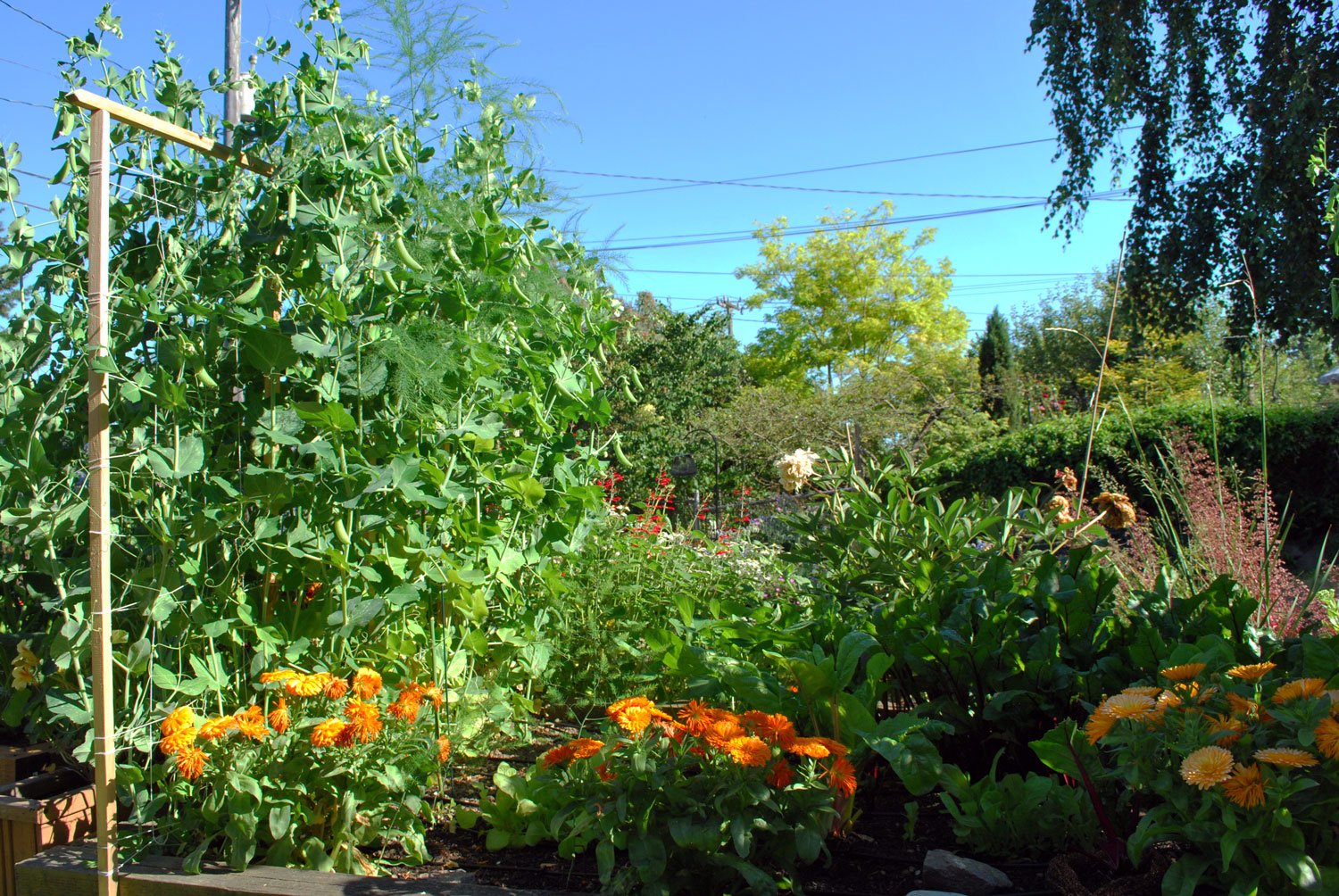
- Petunias and lettuce. Petunias and lettuce can also be planted together. Petunias can help to shade lettuce from the hot sun, and lettuce can help to improve the nitrogen levels in the soil for petunias.

- Petunias and marigolds. Petunias and marigolds are both flowers that can be planted together. Marigolds can help to deter pests from petunias, and petunias can help to attract pollinators to marigolds.
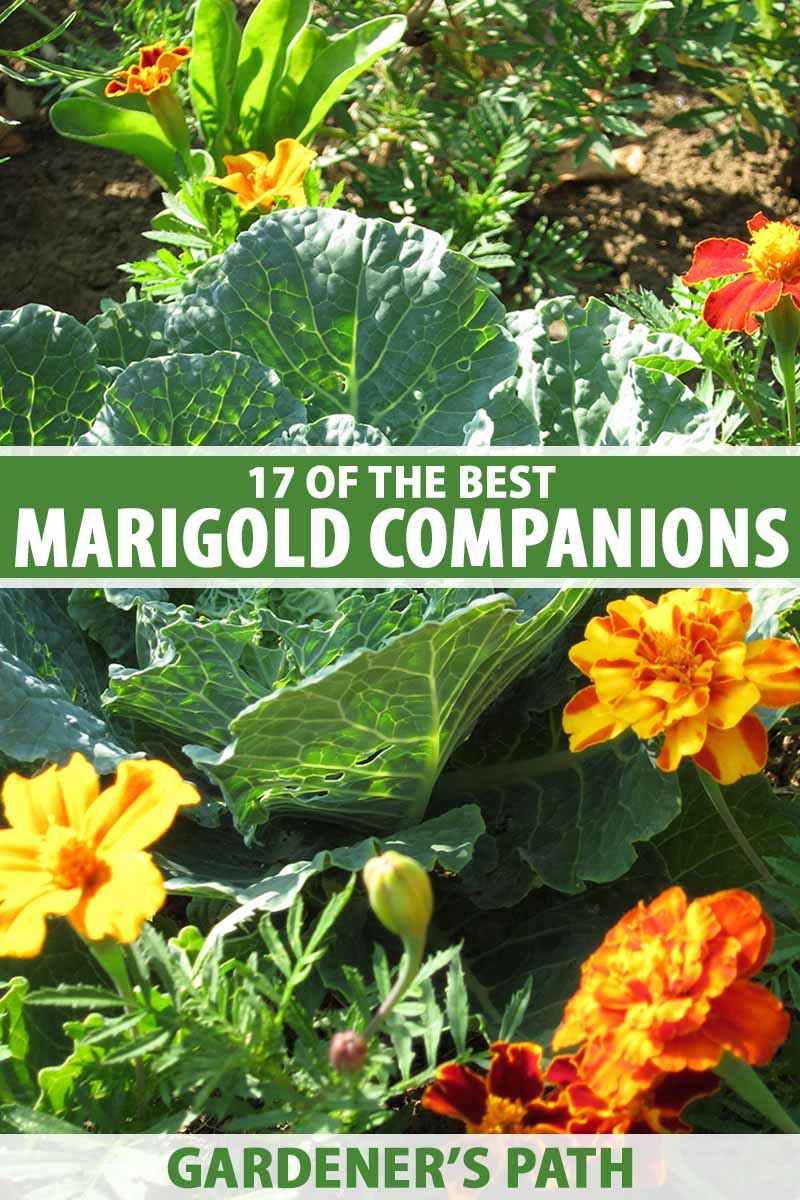
Post a Comment for "The Best Companion Plants For Petunias In Vegetable Gardens"